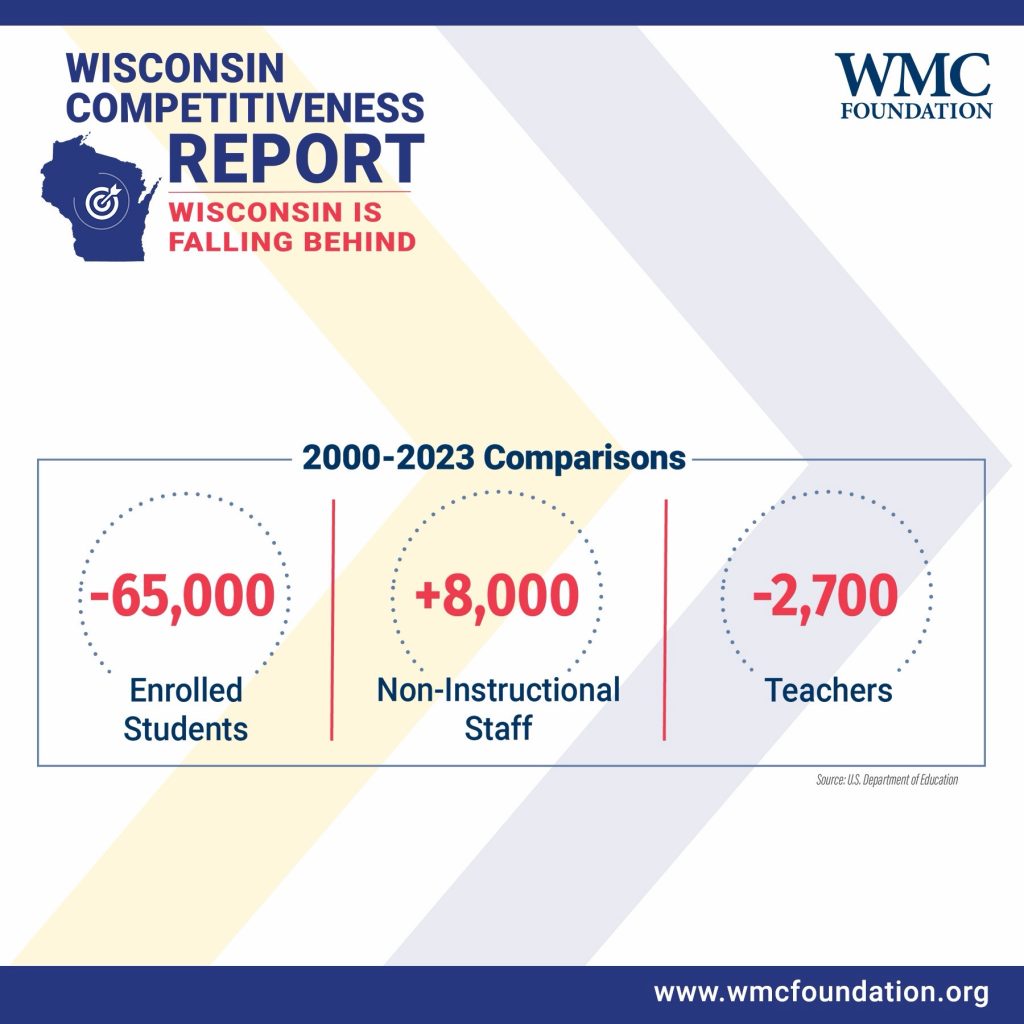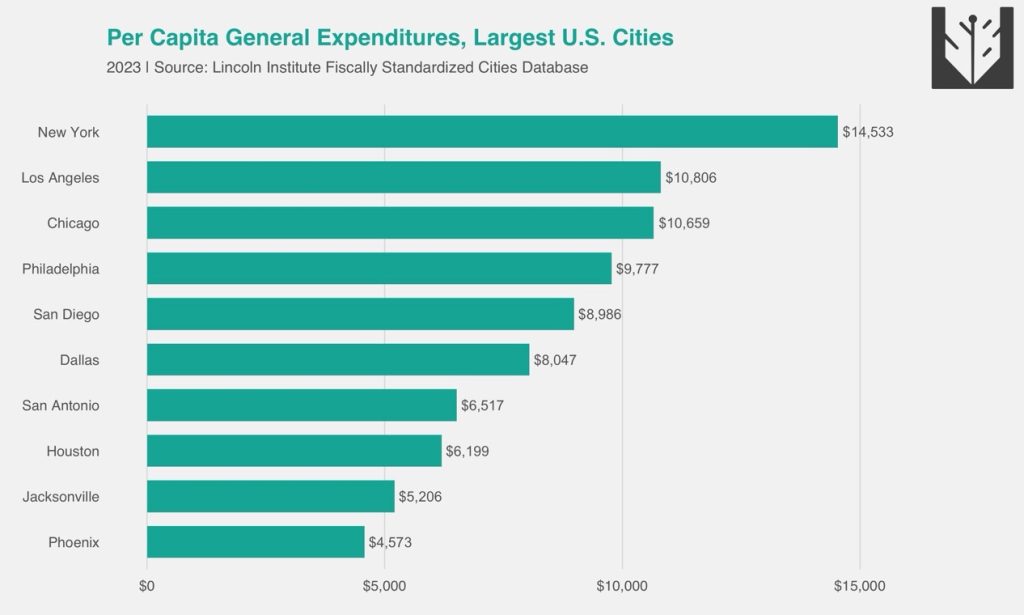Nicholas Bagley and Robert Gordon:
They will have to push back against a core constituency within the Democratic Party that often makes government deliver less and cost more: unions representing teachers, police officers and transit workers.
Democrats have long accepted inefficiencies as the price of support from public sector unions, and this may seem the worst time to demand better. Confronted with the president’s cruelty and lawlessness, the unions have been inspiring: defending wrongly fired workers, fighting federal overreach and organizing against ICE brutality.
But it’s precisely because of increasing authoritarianism that Democratic governors and mayors need to show the public that they can deliver. With the president weaponizing budget cuts against blue states, there is little room for error. Democrats need a new bargain with public sector unions — one that respects their voices and livelihoods but puts public services first.
Begin with the cost of government. Blue-state and blue-city voters pay higher taxes. More than half of city and local government expenditures (and 20 percent of state expenditures) are paid out to employees. These blue states and cities often also pay state and local government workers more than similar jobs pay in red jurisdictions, even after adjusting for the cost of living.
Much of this gap is tied up in pension benefits. Workers generally valuehigherwages today more than retirement guarantees in the future. But pensions are attractive to politicians who pass future costs to future taxpayers. And it is the job of unions to fight for the largest benefits they can.
———
“The new [Chicago pension] law will cost the city $60 million next year — more than enough money to cover the city’s summer job program — before ballooning to $11 billion over three decades. Because of Illinois’s Constitution, the commitments cannot be reversed.”
———
more.
———
Related: Act 10



